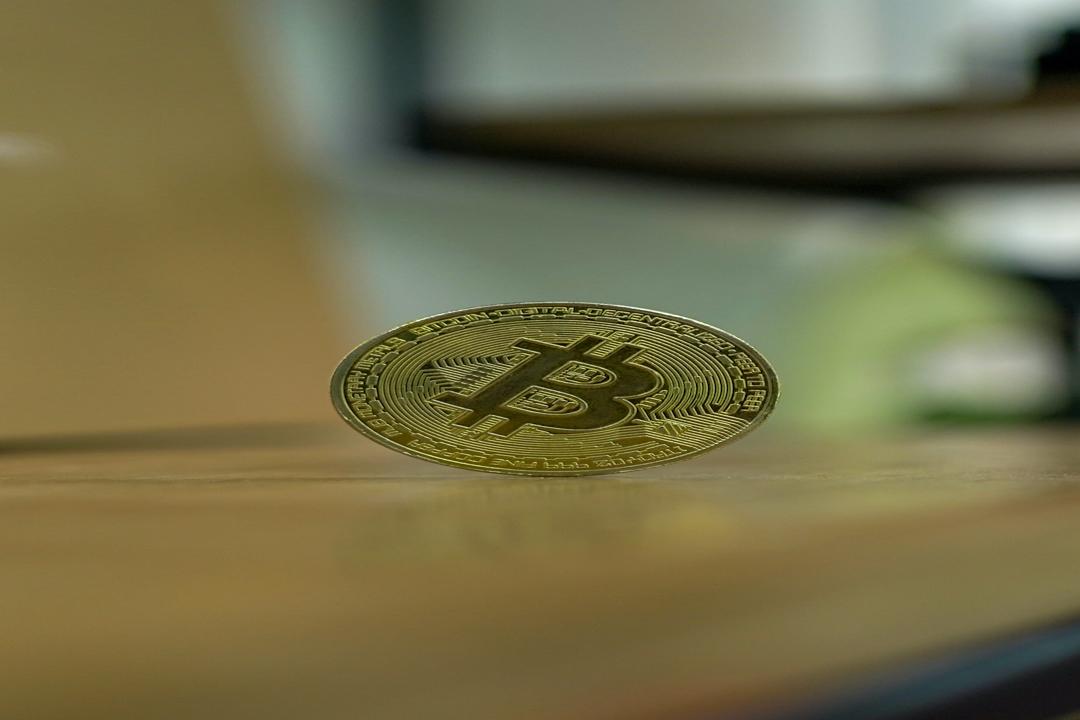Mobile device users in emerging economies and those hindered by outdated hardware have a new option available to them: a virtual smartphone application running on Solana’s blockchain and decentralized cloud infrastructure. Called Aphone, this web-based virtual smartphone offers users access to various Web3 and conventional applications. Aphone’s ecosystem development and growth lead, Jennifer Booze, provided details about the service in a recent interview with Cointelegraph.
Aphone operates like an Android smartphone and can be used on a browser, Android, or Apple device. However, it functions more like an operating system than a replacement for a device’s existing operating system. According to Booze, it is a cloud smartphone environment that users can access through their current devices, utilizing decentralized cloud computing to run Web3 applications smoothly without the need for hardware upgrades.
The Aphone team sees the virtual device as a way to introduce users to Web3 applications and protocols that were previously limited by their device’s hardware. By running on a decentralized cloud-based graphics processing unit (GPU) computing infrastructure called Aethir, Aphone bypasses the hardware limitations of older smartphone models. The interface and applications of Aphone run on the cloud service, allowing users to access apps and games that their physical devices would not be able to handle.
Booze explains that the primary use case for the virtual device is to expand access to the broader Web3 ecosystem, especially in emerging markets where smartphones and mobile internet access are increasingly prevalent. Instead of purchasing a new smartphone, users can pay $20 per year to access the virtual device. To gain access, users can purchase an Aphone nonfungible token (NFT), which is minted and burned on the Solana blockchain.
In addition to providing access to various Web3 applications, Aphone also offers access to decentralized physical infrastructure networks (DePINs) operating on Solana. This includes Helium, a network that rewards users for providing network coverage and validating transactions.
When asked about Aphone’s decision to operate on blockchain infrastructure and the purpose of its native PHONE token, Booze explained that Solana offers high transaction speeds, lower costs, enhanced security, and decentralization. These features support a seamless Web3 experience, including managing NFTs, tokens, and accessing DApps. The infrastructure provided by Aethir enables the processing capabilities needed for demanding Web3 applications, making blockchain integration essential for Aphone’s operation. The PHONE token will be used for governance and rewards incentivization mechanisms to drive user engagement and participation.
Overall, Aphone aims to provide a cost-effective and accessible solution for users in emerging economies and those with outdated hardware, allowing them to tap into the expanding world of Web3 applications and protocols. By leveraging Solana’s blockchain and decentralized cloud infrastructure, Aphone offers a virtual smartphone experience that overcomes the limitations of physical devices.

